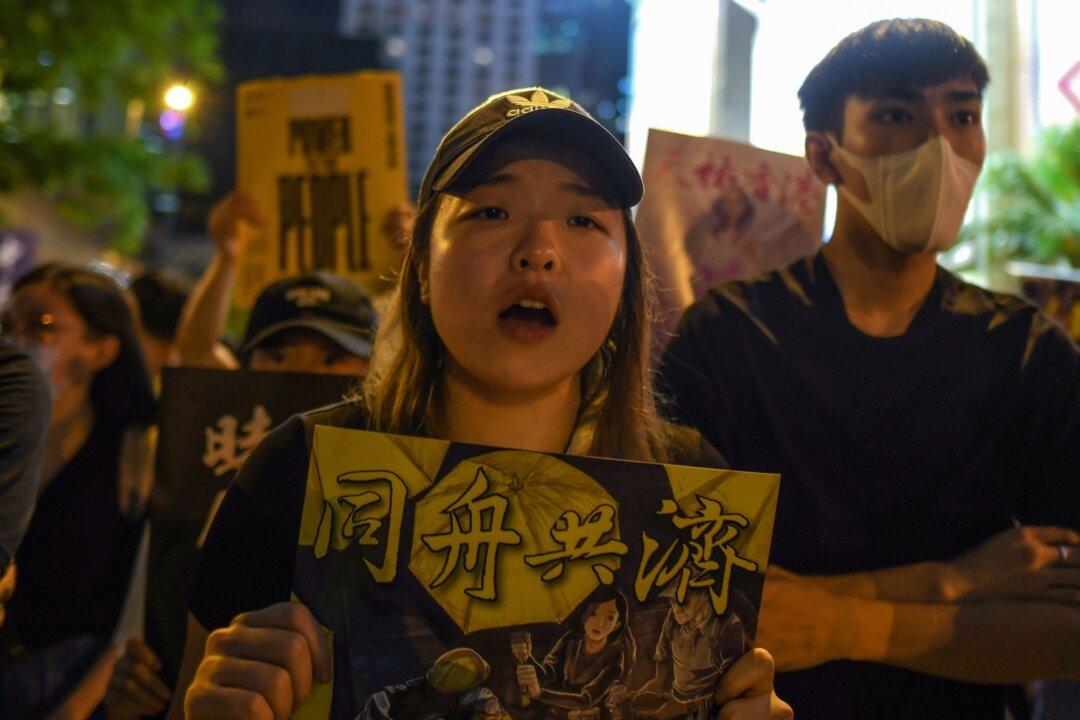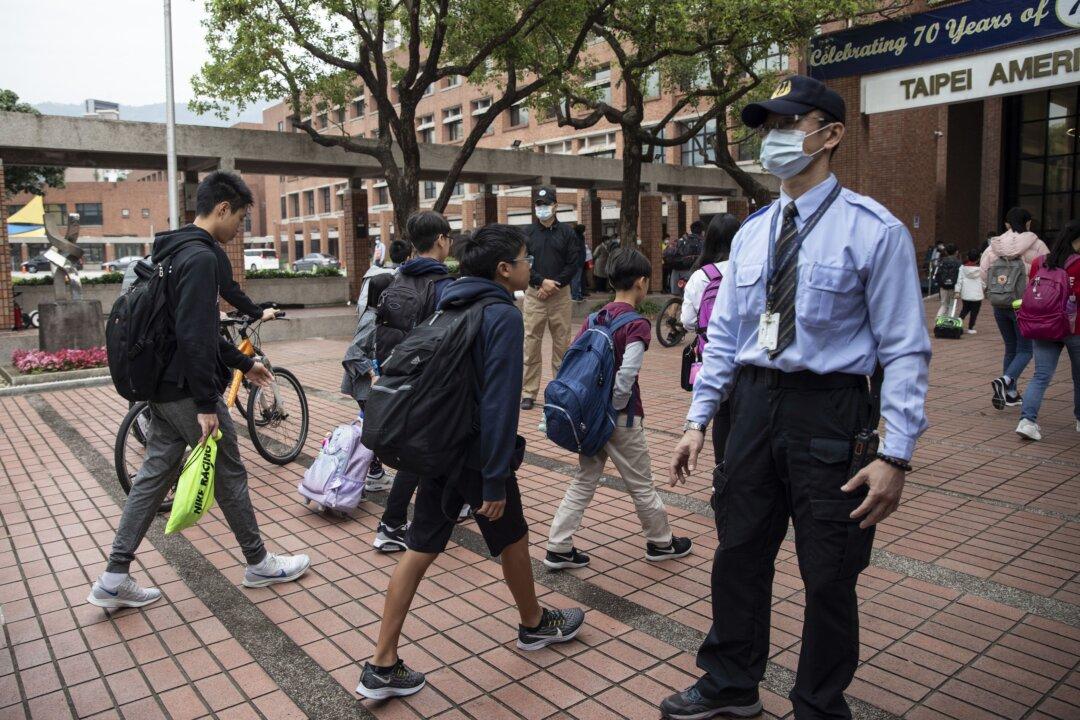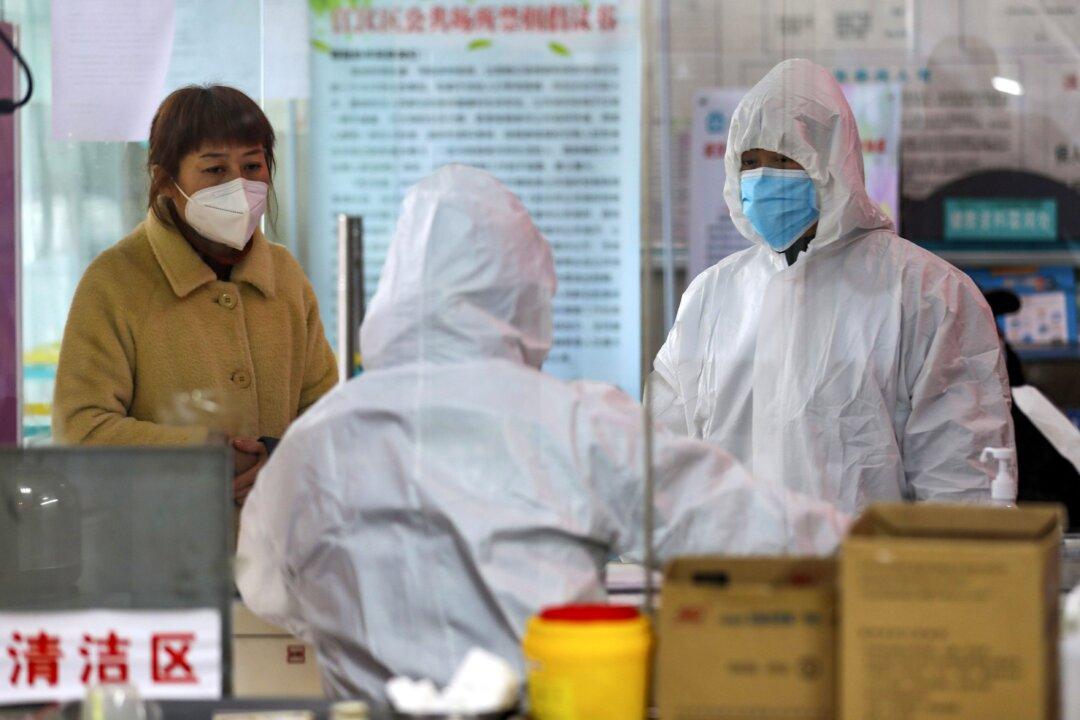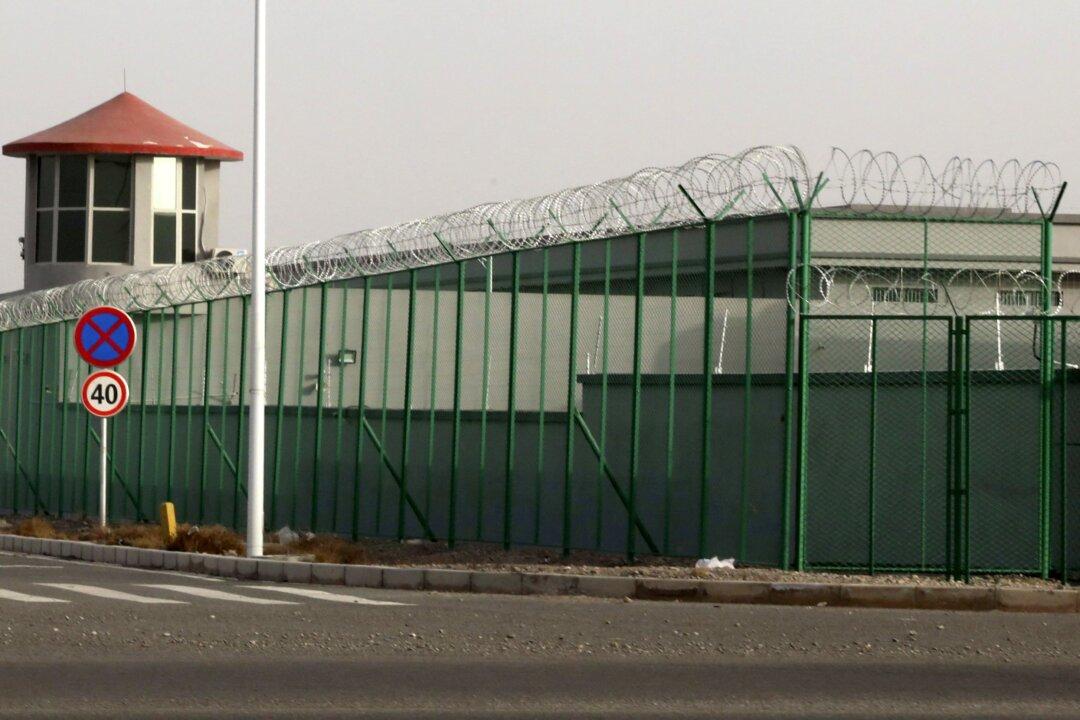Distinguishing facts from propaganda during two months of pro-democracy protests in Hong Kong is difficult, but important realities now appear clear.
China solemnly agreed to special status for Hong Kong in the 1984 Sino–British Joint Declaration. It promised a “high degree of autonomy,” and declared that democracy, the rule of law, and basic human rights would be maintained under the “one country, two systems” model for 50 years.





